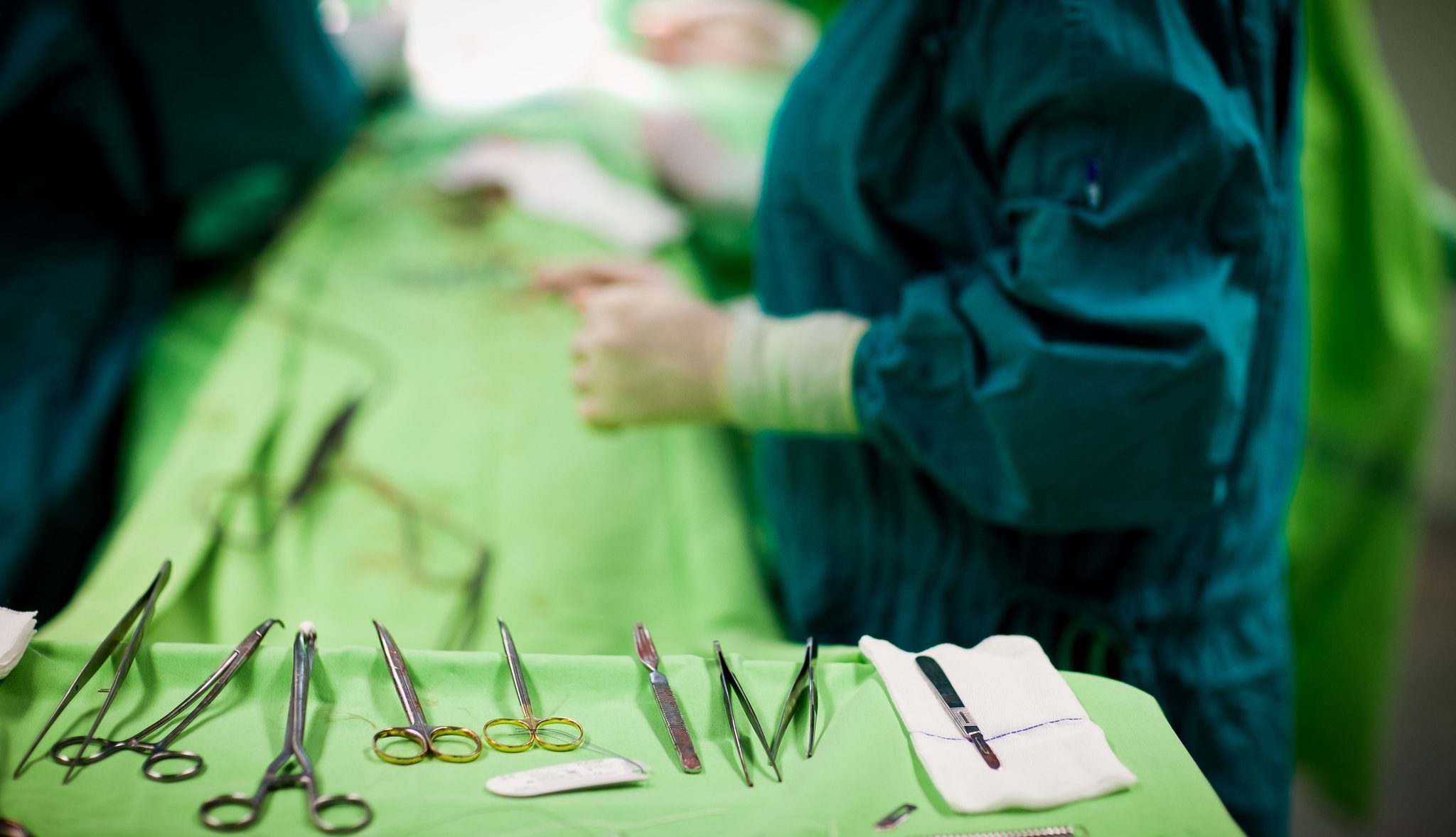
Like all organ transplants, this one required a particularly organized team effort.Continue reading

The number of organ donations, and as a result, the number of organ transplants in Hungary, continued to rise last year, writes Magyar Nemzet. More kidney, liver, and heart transplants were performed in 2023, than in the previous year, the Organ Coordination Office of the Hungarian National Blood Transfusion Service (OVSZ) revealed, adding that last year, the 12,000th transplantation was performed in Hungary.
It was pointed out that last year, the OVSZ received 186 donor applications from 44 hospitals, and 131 donations from deceased organ donors were transplanted across 38 hospitals.
In cooperation with Eurotransplant, 85 foreign donor organs were transplanted in Hungary, including 55 kidneys, 16 livers, 11 hearts, one pancreas and two lungs.
According to the summary, of the 409 transplants, 265 were kidney transplants, of which the largest number, 148, were performed at Semmelweis University. Heart transplants were performed 52 times last year. In addition, there were 11 lung transplants surgeries at Semmelweis University in 2023. 11 combined kidney and pancreas transplants were also performed, nine at Semmelweis University and two at the University of Pécs. 70 liver transplants were also completed.
Last year, 1,791 patients were on the transplant waiting list, 536 new patients were added to the list, and at the end of the year, 1,248 patients were waiting for life-saving surgery.
The shortest waiting time is 0.72 years for lung transplant patients.
For heart and liver transplants, the average waiting time is 0.84 and 0.87 years respectively. The average waiting time for combined kidney and pancreas transplants is 2.79 years, and for kidney transplants 3.16 years.
In Hungary, the principle of presumed consent is applied, meaning that in the absence of a written declaration, the legislator presumes the consent of the deceased.
There are two types of donor: the brain-dead donor, and the living donor, who is a relative of the recipient.
Living donor transplantation is only possible for kidney and liver procedures.
If there is no family link between the donor and the recipient, but a close emotional connection between them, organ donation is also possible. In this case, the donor and the recipient can make a joint application, examined by the hospital’s ethics committee.
Via Magyar Nemzet; Featured image via Pexels